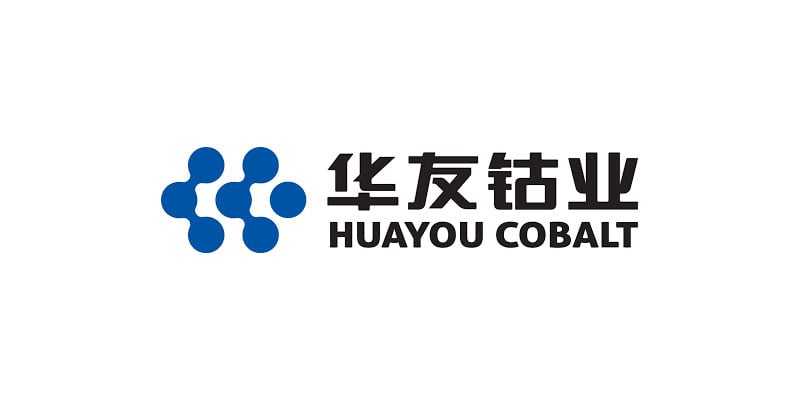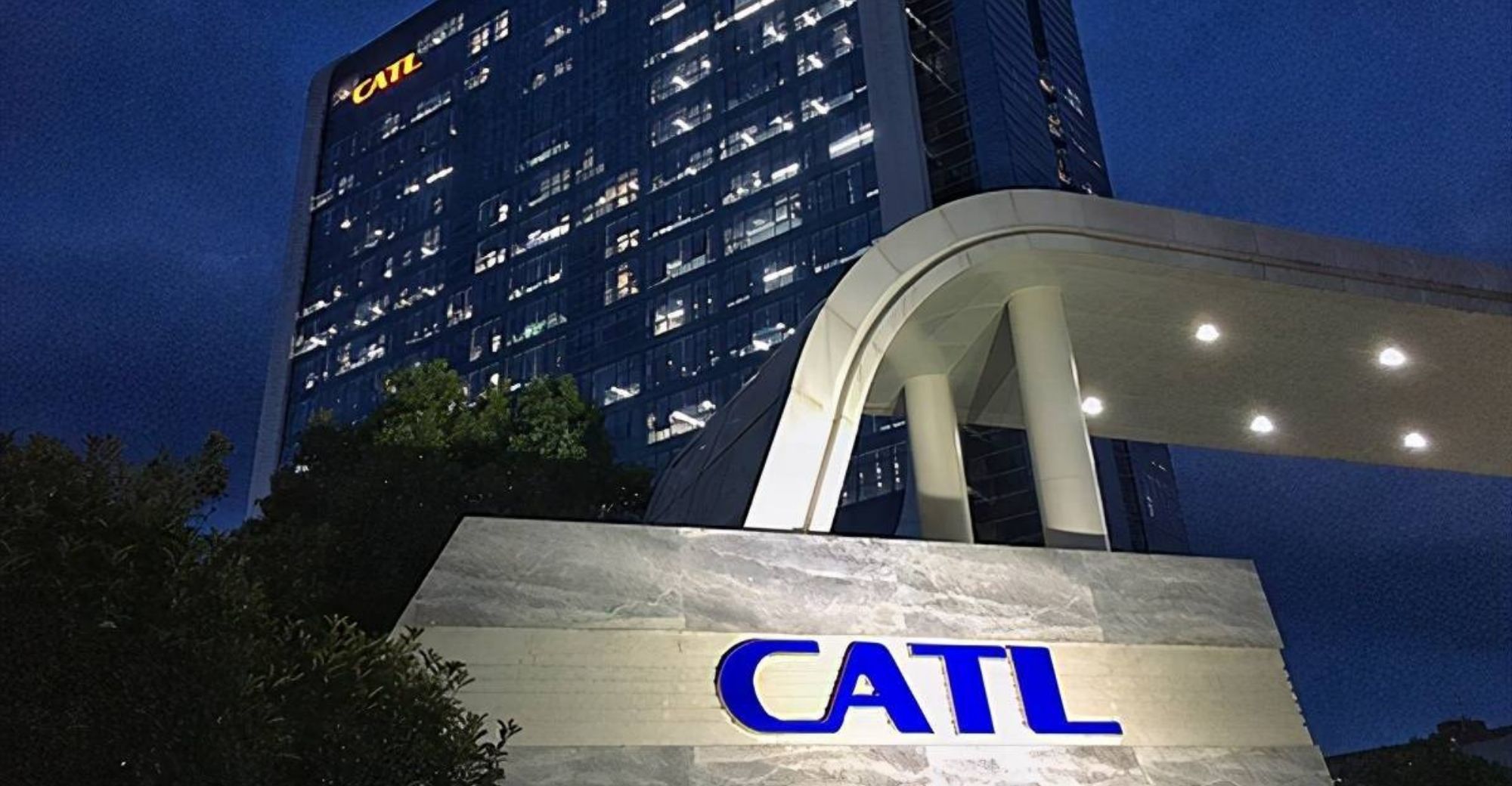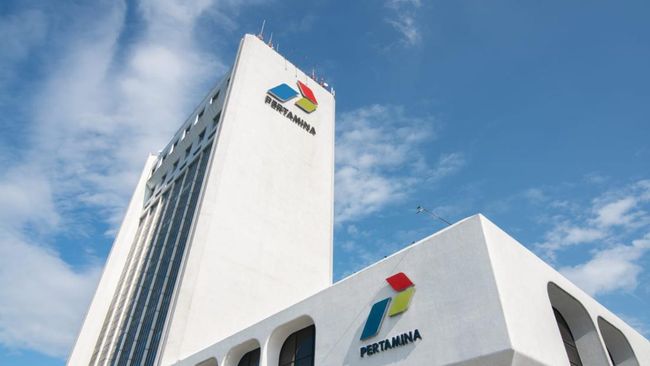Over 120 companies are joining forces to introduce an innovative concept called “battery passports,” leveraging blockchain technology to enable battery owners to track the complete history of their batteries. Leading automakers, including Honda, Ford, Nissan, Mazda, General Motors, Stellantis, and BMW, are part of this consortium.
Starting from 2026, the European Union will mandate the use of digital passports for batteries. These passports will serve as comprehensive digital records, documenting various crucial aspects such as the battery’s supply chain, the source of its materials, the proportion of recycled components, associated carbon dioxide emissions, and the inclusion of human rights protections. Similar regulations are also under consideration in major markets like the United States and India.
To facilitate this initiative, global companies involved in the project, in collaboration with Amazon Web Services and Hitachi, have developed standardized protocols. Each battery will be assigned a unique identification number stored on the blockchain, ensuring transparency and traceability. The consortium, known as the Mobility Open Blockchain Initiative (MOBI), aims to extend this traceability to individual battery cells to calculate their carbon footprint accurately. Moreover, MOBI intends to monitor the real-time condition of batteries.
The introduction of battery passports aligns with the European Parliament’s goal of enforcing recycling requirements for battery materials more effectively. This development comes at a time when electric vehicle sales are skyrocketing worldwide, with approximately 60% of lithium demand in 2022 attributed to EV usage—an impressive surge from around 15% in 2017.
MOBI seeks to encourage adoption of its standards beyond Europe, aiming to release them soon. Another consortium called Catena-X, comprising members such as Volkswagen and Siemens, is also working on developing standards for battery passports, presenting a rival initiative in this promising field.







